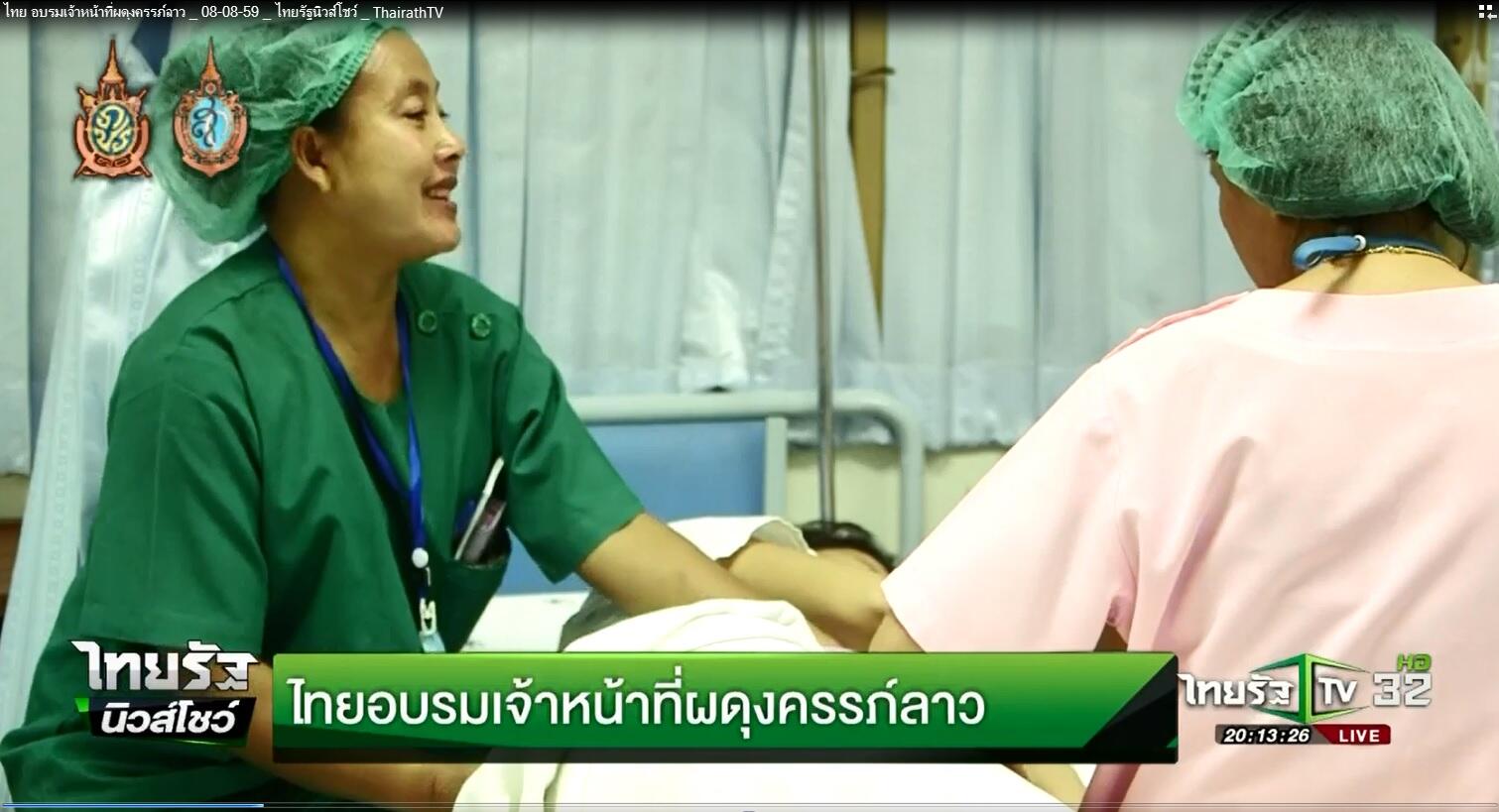Statement by UNFPA Executive Director Dr. Natalia Kanem for the International Day of the Midwife, 5 May 2019
Midwives are public health heroes, ensuring that a woman can have a healthy pregnancy, safe childbirth and essential care for her newborn – among the most basic human rights.
A bridge between communities and traditional health facilities, midwives deliver vital maternal health services that are key to reducing maternal deaths and making childbirth safer in remote and underserved areas, and in humanitarian crises. Midwives not only save lives, they also empower women and couples to make informed, healthy choices.
Educating and enabling midwives is a smart, cost-effective and sustainable way to bring us closer to achieving universal access to sexual and reproductive health care services — a crucial target within the broader 2030 Agenda for Sustainable Development.
As we celebrate the 25th anniversary of the International Conference on Population and Development (ICPD) this year and its landmark Programme of Action, we are reminded of the paradigm shift it marked
moving from national, economically driven approaches to family planning towards a focus on sexual and reproductive health and rights.
At UNFPA, we actively promote midwifery education, training and support, advocating for stronger workforce policies and the integration of midwives into formal health systems.
In more than 120 countries, we help align midwife training curriculum to global standards, strengthen midwifery schools and build the capacity of midwifery tutors. At the same time, we work with midwife and medical associations to create an environment where midwives complement formal health services and are seen by both mothers and medical practitioners as a crucial part of maternal health care.
As a result of UNFPA-supported programmes, more than 115,000 trained and integrated midwives have been deployed to the front lines.
UNFPA, the World Health Organization, UNICEF and the International Confederation of Midwives will soon launch a new report on Strengthening Quality Midwifery Education for Universal Health Coverage 2030. The report provides compelling evidence that with
investments in training, support and integration, midwifery can ensure the best health outcomes for women and their newborn children.
Today, on the International Day of the Midwife, I ask all governments, partners and citizens to join UNFPA in supporting midwives. Let us show our utmost appreciation for the tireless work they do by helping them ensure reproductive rights and choices and safeguard the health and well-being of women and babies worldwide. Midwives save lives!


